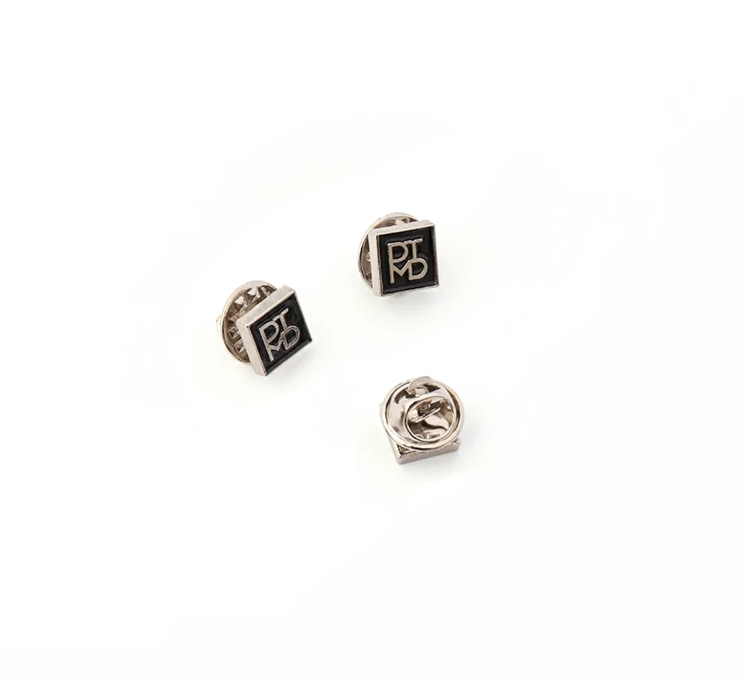When considering personalized pin badges for heavy usage, the materials used can significantly impact their durability and performance.
Durability: Metal badges (e.g., brass or stainless steel) are robust and resistant to bending or breaking.
Finish: They can be coated to resist scratches and tarnishing, maintaining their appearance longer.
Weight: Heavier than other materials, which can feel more substantial but may also lead to discomfort if worn for long periods.
Lightweight: Easier to wear for extended periods but may not hold up as well under stress.
Flexibility: Can bend without breaking, but may scratch or fade over time.
Cost-Effective: Generally cheaper, making them a viable option for events or promotions.
Visual Appeal: Offers a glossy finish and can be printed with vibrant colors, but may scratch more easily than metal.
Moderate Durability: More durable than standard plastic but can break if dropped or subjected to significant force.
Quality Look: Enamel pins, especially cloisonné, have a high-quality finish and are resistant to fading.
Durability: Generally sturdy but can chip if not handled carefully, especially at the edges.
Waterproof: Good for outdoor or wet conditions, but may wear out faster if subjected to constant friction.
Flexibility: Not as rigid as metal or acrylic, which can lead to a shorter lifespan under heavy usage.
For heavy usage, metal badges (especially those with protective coatings) tend to perform the best due to their durability and resistance to damage. Enamel pins also offer a good balance of aesthetics and durability, while acrylic can be a stylish yet moderate option. Plastic and vinyl may be suitable for less demanding environments but are generally less durable over time.
Choosing the right material depends on the specific use case, environment, and desired appearance of the pin badges.

Copyright:@2020-2021
Comments Please sign in or sign up to post.
0
0 of 500 characters used